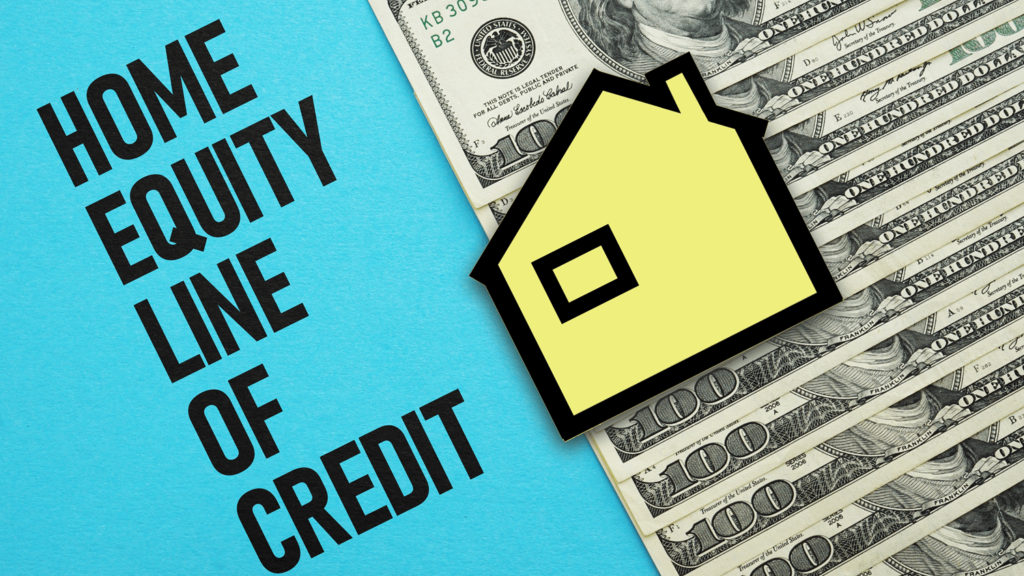Have you considered a home equity line of credit to fund a major expense or home improvement project? While a Home equity line of credit can provide a flexible financing solution, evaluating your financial health is essential before taking this step. Understanding your financial readiness not only ensures you can comfortably manage the payments but also helps you use this resource wisely. Let’s explore key factors to review to determine if a Home equity line of credit is right for you.
Assess Your Current Debt Load
Before applying for a HELOC, closely examine your existing debt obligations. Consider your mortgage, credit card balances, auto loans, and any other liabilities you may have. Lenders typically evaluate your debt-to-income (DTI) ratio to determine your eligibility. A lower DTI ratio signals to lenders that you can responsibly manage additional credit. More importantly, assessing your DTI helps determine if adding a new line of credit is financially sound. Reducing some of your current obligations may be wise before taking on a Home equity line of credit if your debt load is already high.
Understand Your Credit Score and Its Impact
Your credit score is crucial in the approval process and the interest rate offered. A higher credit score often leads to better terms, which can save you significant money over the life of the loan. Check your credit report for any errors or areas that need improvement. Simple steps, such as paying off small balances and ensuring on-time payments, can help boost your score. Knowing where you stand before applying for a Home equity line of credit ensures you can secure favorable terms.
Evaluate Your Home’s Equity
The amount of equity you have in your home directly impacts the size of the Home equity line of credit you may qualify for. Equity is determined by subtracting your remaining mortgage balance from the current market value of your home. Most lenders require a certain percentage of equity available to qualify. If your home’s equity is limited, it might be worth waiting until you’ve paid more of your mortgage or your property value increases. This ensures you have access to a more substantial credit line when applying.
Review Your Budget and Cash Flow
A Home equity line of credit is a revolving line of credit, meaning you’ll make payments based on the amount you borrow. Before committing, review your monthly budget to ensure you can comfortably handle these payments alongside your other expenses. Factor in potential fluctuations in interest rates, as Home equity lines of credit often come with variable rates. Creating a detailed budget that accounts for your income and expenses will give you a clear picture of whether you’re financially prepared to take on a Home equity line of credit.
Consider Your Financial Goals
Finally, consider why you’re considering a Home equity line of credit and how it aligns with your long-term financial goals. Are you planning to use the funds for home improvements, debt consolidation, or unexpected expenses? Ensure the reason justifies the potential risks, such as taking on additional debt or fluctuating interest rates. You can make the most of your Home equity line of credit by focusing on goals that enhance your financial stability, such as increasing your home’s value or consolidating high-interest debt. Working with a trusted provider like AmeriSave can help you navigate your options and ensure the decision supports your overall financial well-being.
Taking the time to evaluate your financial health before applying for a Home equity line of credit ensures you’re making a decision that benefits your long-term stability. You can confidently move forward by carefully reviewing your current obligations, credit score, home equity, and goals.






